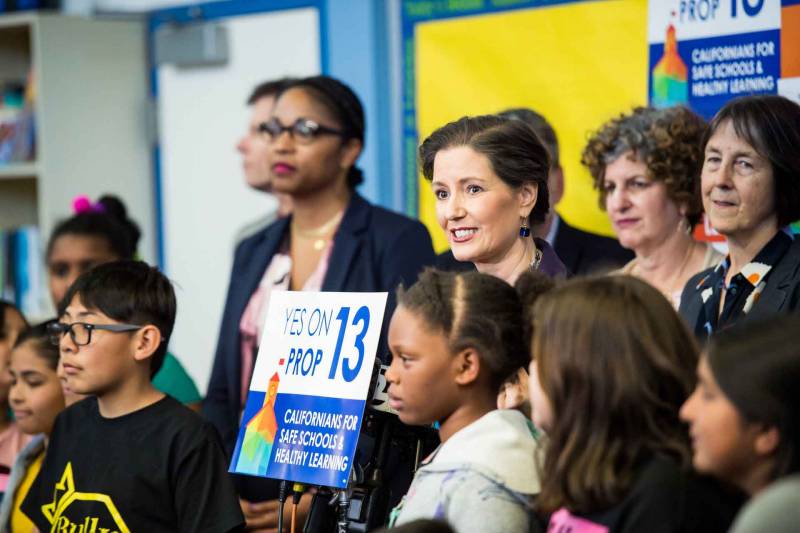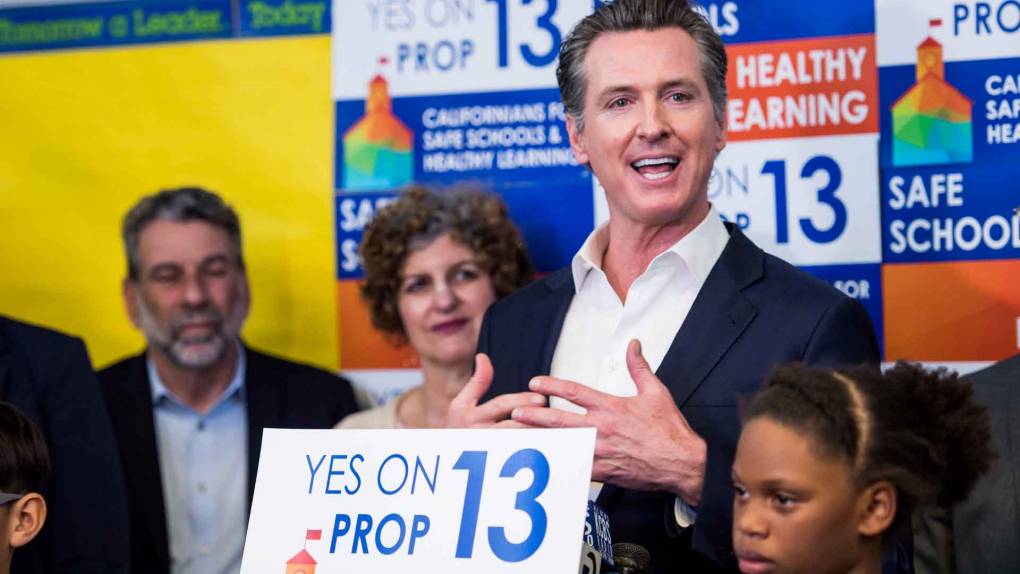O’Donnell believes the number doomed the proposed school bond, which he helped get on the ballot.
“Historically, California voters have supported statewide school bonds,” he said. “I’m very confident we [were] on our way to victory until it was entitled Proposition 13.”
It’s too early to know exactly why voters appear to have rejected the bond. Anti-tax sentiment, an avalanche of news about the presidential primary and the coronavirus may have played some role in its defeat. But regardless, O’Donnell said, the number 13 is just too loaded and has got to go.
“And quite frankly, I think all legislators, should they value democracy, would wish to see that there be no more voter confusion on any ballot measure,” O’Donnell said. “And the fact of the matter is that Proposition 13 this year did create a lot of confusion for voters and we should act to clear that up.”
O’Donnell’s effort has the support of those who want to keep taxpayer spending to a minimum. Jon Coupal, president of the Howard Jarvis Taxpayers Association, whose founder fought for the original Proposition 13, said his group has made repeated efforts to retire the number.
“Proposition 13 is the most iconic initiative, not only in California, but nationwide,” he said. “And so when people hear Prop. 13, they have very specific concepts of what that is. And so anytime it pops up on the ballot again, it is bound to cause confusion.”
Adding to the confusion, voters might get to weigh in on the original Proposition 13 this fall if a proposed ballot measure to reform the measure qualifies for the November election.


